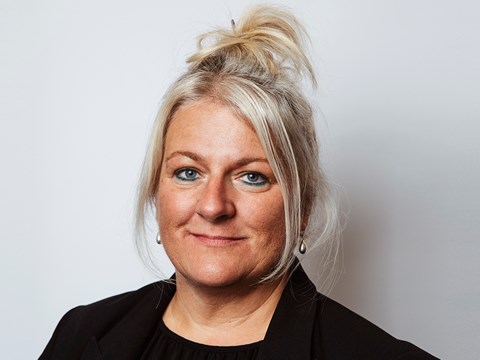For better, but not for worse: why the client/agency relationship isn’t like a marriage – Vicky Gillan
02 Apr 2018
“Marriage is the wrong metaphor for the client/agency relationship; it’s more like a harem.”
So said Professor Mark Ritson in his provocative Marketing Academy Foundation lecture recently. His point was that clients need to keep bringing new blood onto their roster to make sure things stay competitive and stop their established agencies from getting complacent. I get that, but otherwise I think Mark is only half right. I agree that agency/client relationships aren’t like marriages, but they’re not like harems, one-night stands or any other type of interpersonal relationship either.
Managing business relationships
At AAR, we describe the different ways clients work with agencies as being like the relationship you might have with your barrister, your interior designer, or your builder (you acknowledge your barrister is an expert and let them get on with their job without interfering; you swap ideas with your interior designer until you get the result you want; and you tell your builder exactly what you want them to do). But crucially, these are all business relationships and they have to be managed as such.
A successful client/agency relationship involves the client setting out exactly what they want, how they’re going to measure success and how much they’re going to pay for it right from the start, accepting that while things may change in the detail, the overall direction is clear. That way everyone knows where they stand, and both sides can clearly see when things are going well – or less than well – as the relationship progresses.
Increasing complexity
The other thing that makes the dealings between clients and agencies very different to a marriage is that it’s not just one relationship; it’s several, with multiple layers. As specialisations proliferate and rosters expand, client/agency relationships have become complex matrices, with teams of people over several locations needing new ways of working to deliver effectively and efficiently. More than ever, agencies need to be able to work together, whether that’s in a consultative, collaborative or cooperative manner, just as much as they need to be able to work with the client.
Frameworks
Beyond that, the people on your teams have to be able to work with the people in your agencies’ teams. The CMO and the head of the agency might get along fine, but if it’s difficult to get the work done or if the work itself isn’t good enough, then the relationship is failing at some point further down the chain. That needs to be addressed, but talking about it in terms of marriage guidance won’t help anyone. Nor, indeed, will adding to the harem. The problem has to be assessed in terms of the framework set out at the start. And if there have been changes and roles have evolved, the framework needs to be reassessed too and a new one agreed, with the differences articulated to all agencies and all teams at the same time.
The point of a metaphor is to help better understand the thing we’re describing. But talking about a business relationship in terms of a personal one misses the point of what good client/agency relationships are all about, which is delivering business results.
About The Author




